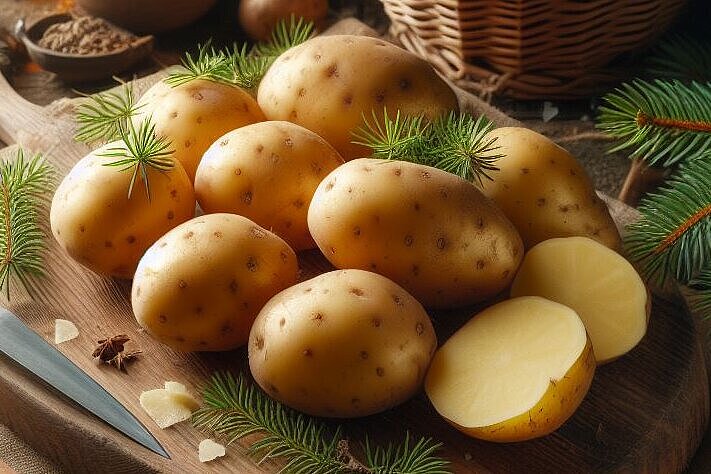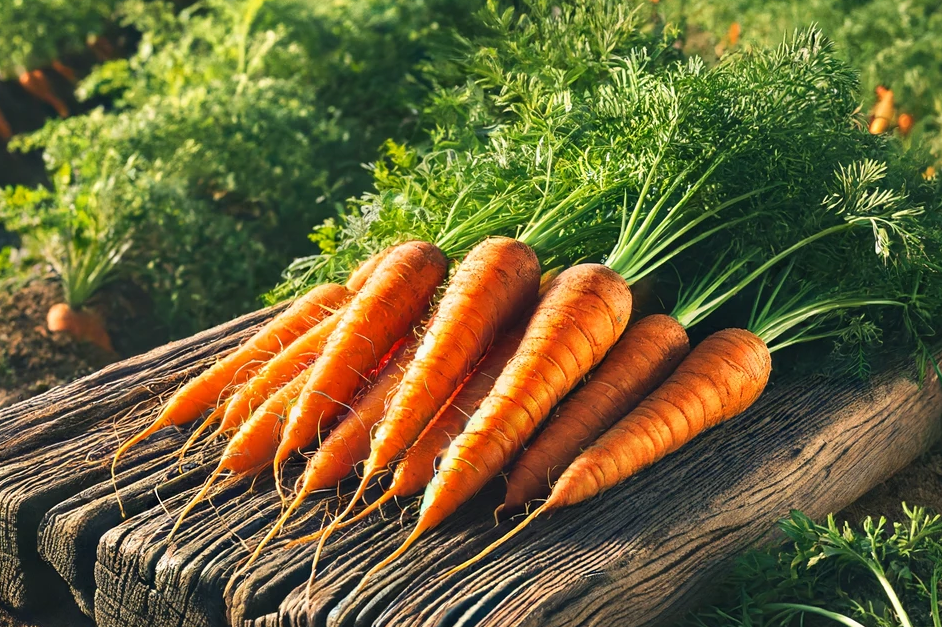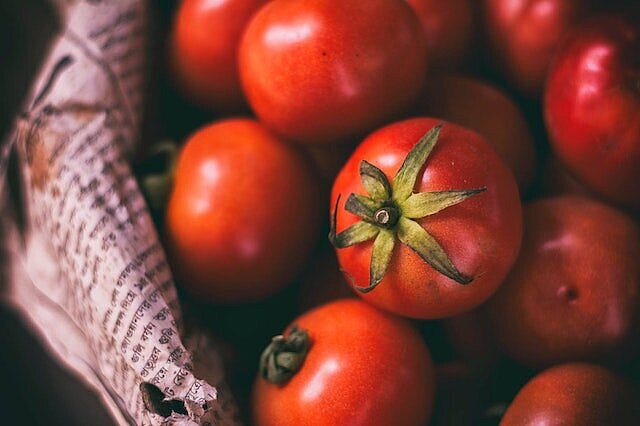Radish

What are radishes?
Radishes belong to the cruciferous family, which also includes broccoli, cabbage and mustard . They contain a lot of mustard oil, which is responsible for their typical taste. They also have a high water content of around 94 percent and are therefore very low in calories.
Radishes are a good source of vitamin C, folic acid, potassium, calcium and iron. They have a digestive, diuretic and antibacterial effect. They can also help to clean teeth as they remove plaque when chewed.
Why are radishes good for dogs?
Radishes can have a number of benefits for dogs when fed in small amounts. Here are some of them:
- They provide important nutrients for the immune system, bones and blood.
- They stimulate the metabolism and help with weight control.
- They promote digestion and help with constipation or flatulence.
- They protect against infections thanks to their antibacterial effect.
- They clean the teeth thanks to their abrasive texture.
How should you dose radishes for dogs?
Radishes are healthy for dogs, but not in large quantities. The mustard oil can be too pungent and cause stomach irritation or diarrhea . In addition, some dogs may be allergic to radishes or simply dislike them.
The recommended dosage of radishes for dogs is 1 teaspoon per 5 kg of body weight per day. Radishes can be given raw or cooked, but without salt or spices .
It is best to cut them into small pieces or grate them finely. You can also mix them with other vegetables or give them as a treat between meals.
However, always pay attention to how your dog reacts to radishes. If he shows signs of intolerance such as vomiting, diarrhea or itching, you should stop giving him radishes.
Radishes can be a tasty snack for your dog. They have many health benefits and can enrich his diet. However, if you give him too much or he has an allergic reaction to them, it can cause problems. Therefore, you should always be careful and choose the right dosage.
Properties 6
Are you looking for other ingredients with a specific property?
Just click on them to find more.
If you notice any signs of hypersensitivity or poisoning in your dog, you should see your vet immediately. We are not a substitute for a vet, but we try to be as accurate as possible. Every dog reacts differently and we recommend you get a second opinion or consult your vet if in doubt.
Stay healthy and take good care of your four-legged friend!😊
Similar to Radish
Onions are vegetables that belong to the allium family. They have a round shape, a brown or red skin and white or purple layers inside. Onions have a pungent taste and an intense smell that often...
Potatoes consist of 78% water and 18% carbohydrates. Carbohydrates are not essential for dogs, but can be a good source of energy, especially for active or sporty dogs. Carbohydrates are broken down...
Carrots are root vegetables that belong to the umbellifer family. They have an orange color, which comes from the plant pigment beta-carotene. This is converted in the body into vitamin A, which is...
Tomatoes are fruits that belong to the nightshade family. They originally come from South America and were brought to Europe by the Spanish. Today there are many different varieties of tomatoes,...



